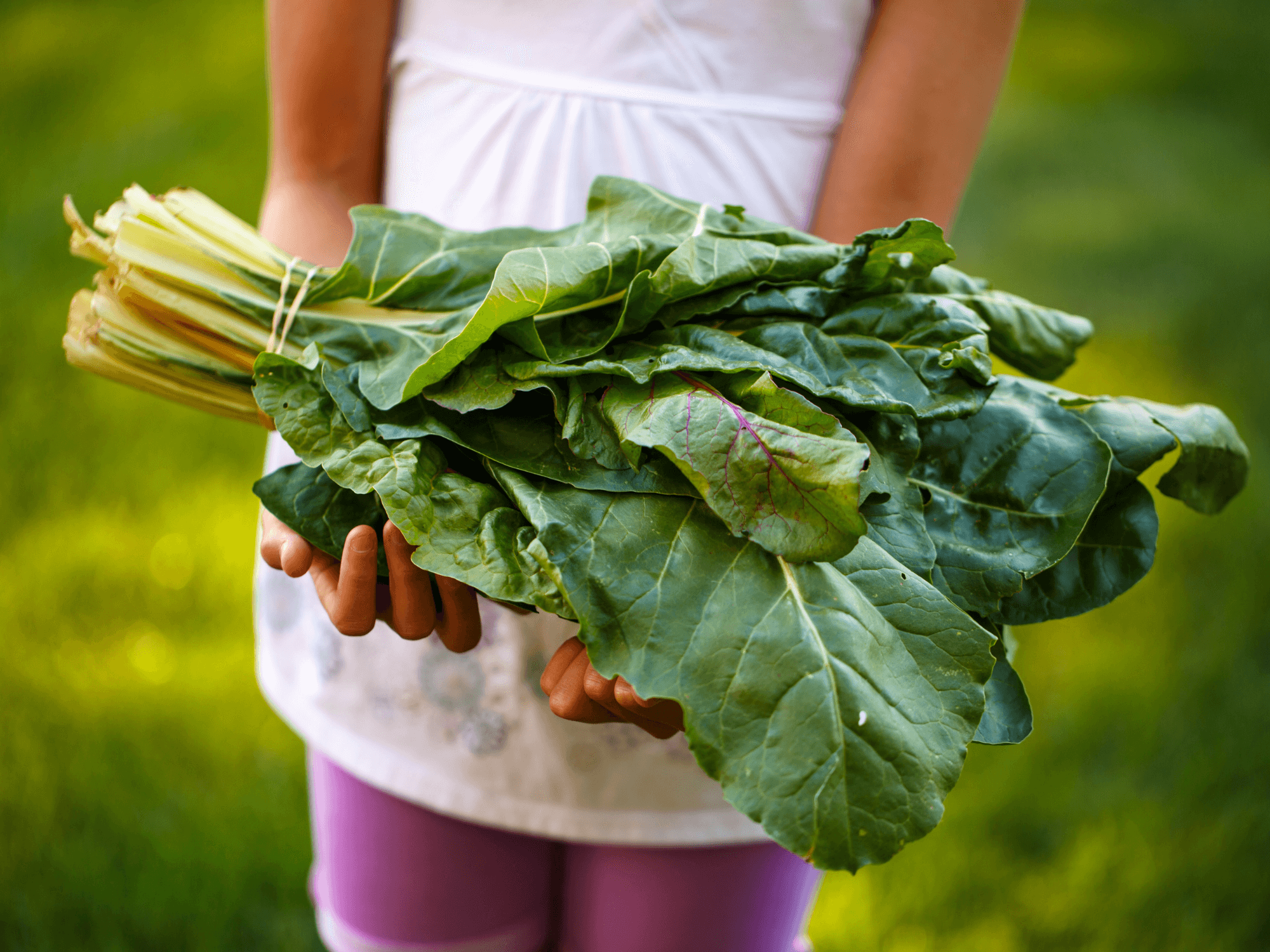SchoolFood4Change is a Europe-wide initiative aiming to ensure that all children have access to healthy and sustainable school meals. Amalia Ochoa (SchoolFood4Change Coordinator at ICLEI Europe) and Paola Hernández (Project Officer at Mensa Cívica) were interviewed to enable readers to learn more about the project partners’ intentions and motivation.
SchoolFood4Change positions schools as catalysts for a sustainable food system transformation and demands healthy and sustainable school meals for every child, which is why many of the organisations involved in the project support the initiative “For a healthy school meal for every child”. Can you outline, how this initiative emerged?
Amalia Ochoa: During the last two years, ICLEI has been intensively working on the issue of improving school meals for children, particularly since the launch of the EU’s Farm to Fork strategy.
We are very happy about now being able to synergise in SchoolFood4Change with many established initiatives working for the same cause! The topics of healthy and sustainable eating, food education and sustainable procurement are given a platform at the moment on a European level, as the European Commission will submit a proposal for the upcoming EU Sustainable Food Systems Law (FSFS) in September 2023.

The Farm to Fork strategy has opened the door to make big improvements to how we eat and want to eat in the future. So now is opportune to raise awareness among the general public and send policy makers a clear message that people care and that we need urgent change here.
That people indeed care about a more sustainable approach to these topics has just recently been shown by a poll commissioned by Buy Better Food, a European advocacy campaign ICLEI Europe and Mensa Cívica are involved in: 93% of participating people agree that the food offered in public spaces, like schools and hospitals, should be guaranteed to be healthy.
Paola Hernández: It’s very understandable that people see the importance in these topics. In 2020 Spain was the country with the third highest rate of poverty risk and social exclusion in the EU, according to Eurostat data. But today it is estimated that these figures have increased (and more in a context of pandemic). Currently the country has the second highest rate of child poverty in the European Union. Poverty concerns 29.6% of children and youth under the age of 18.

So, as Spain will have the EU presidency in the second half of 2023, when the FSFS law will be published, it should listen to what the people living in Spain and Europe want. Very interestingly, in the poll mentioned by Amalia just before, respondents living in Spain are the ones with the highest percentage approval rate across all countries that participated in the poll.
SchoolFood4Change claims that all children should have the right and access to sustainable and healthy school meals: Isn’t this the case already?
Amalia Ochoa: No, this is unfortunately not yet the case. In Europe, there are still many schools that do not serve meals at all and others that offer too many ultra-processed food. Many cities and schools are taking steps to offer (more) healthy and sustainable school meals. But if this requirement becomes law, all countries, cities and regions will have to comply, from early childhood to adulthood.
We see, for example that childhood obesity in Europe is increasing. And, as Paola mentioned, many children and families are facing the risk of poverty which makes it impossible for them to afford healthy and sustainably produced food. At the same time, families are being overwhelmed by other responsibilities, reducing the importance of a specifically healthy and sustainable diet in everyday life. School meals can help improve this situation.
In general, people and children need to understand more about where their food comes from and about the consequences of an unhealthy diet, which is why SchoolFood4Change builds on children’s power to change and food education as one of its pillars of action.
And what about the food offered in Spanish school canteens, is it balanced and sustainable? What do administrative institutions and policy makers have to learn to achieve good school meals?
Paola Hernández: We believe that we still have a lot to learn. In Spain, for example, quick and cheap solutions have often been put into practice, instead of preventive measures. Such practices have long-term consequences for our health. In this sense, it is necessary to increase the coordination between educational and health services, in addition to regulating the sale and advertising of certain food products and improving the design of menus to increase their nutritional quality and sustainability. Canteens are essential for acquiring healthy lifestyles and guaranteeing a healthy and balanced diet both during the school year and during holiday periods. That is why we are committed to making the school canteen a space for learning and rights, in which all children, including the most vulnerable, have access to healthy and sustainably procured food.
Food and nutrition education programs are key to transmit the importance of a diversified, seasonal and organic diet. Educational measures, not only for children, but also for families, canteen staff etc. can incite and accompany many changes, beyond the school context, i.e. in the whole food environment. At the same time, when municipalities (together with schools) get active in this area, it is a way to support small-scale farmers and producers with socio-economic objectives.
Yes, so let’s take a closer look: In fact, what SchoolFood4Change is calling for is that all children should have the right to healthy, sustainably produced and sourced food and that they should be taught what a healthy and sustainable diet consists of. Is this a dream scenario or an achievable goal?
Amalia Ochoa: With the ambitions of the EU to prepare the introduction of minimum mandatory requirements for sustainable food procurement in the upcoming sustainable food systems law, and the EU School Scheme which delivers fruit, vegetables and milk combined with food education, this is definitely something reachable. Provided, of course, that these requirements are ambitious enough and cover all the essential issues for healthy people and planet. Then, of course, what is needed is for national and regional governments to implement the changes in their cities and schools.
So, the EU is currently reviewing its School Scheme and looking for ways to implement the Farm to Fork strategy. Could you please explain, what you would like to see included in these operations?
Amalia Ochoa: What SchoolFood4Change is asking is for is the following:
provision of healthy food (with fresh fruit and vegetables, and food that is low in salt and sugar) which is certified organic, as much as possible (minimum 20%); fairly traded products coming from abroad, with a certain amount produced by small farmers. There should be a higher intake of plant-based foods, higher animal welfare, and a reduction of food waste. The employment and working conditions of those involved must also be respectable. It is a terrible shame that, in the last 20 years, more than 40% of small farmers have disappeared. Ultimately what we want is for this to be seen not just as feeding children with food, but to invest in food education and for schools to be seen as catalysts for transforming the food system. There is growing evidence that children have lost confidence in food because they can no longer relate to its origin, food culture, transitions and taste.
We are and will continue to be in close contact with the European Commission on this issue and we intend to point them in the right direction, for example through the publication of policy briefs which are directed to stakeholders and policymakers at different levels (local, national, European). There are many cities and NGOs already involved in the SchoolFood4Change project and the Buy Better Food campaign. We hope to raise awareness and give more momentum to the issue on a large scale. Our public petition, asking for healthy school meals for all, has already more than 12,000 signatures and can still be signed by everybody who wants to support our demand for change!
Source: https://www.criarconsentidocomun.com/comida-escolar-saludable-derecho/
